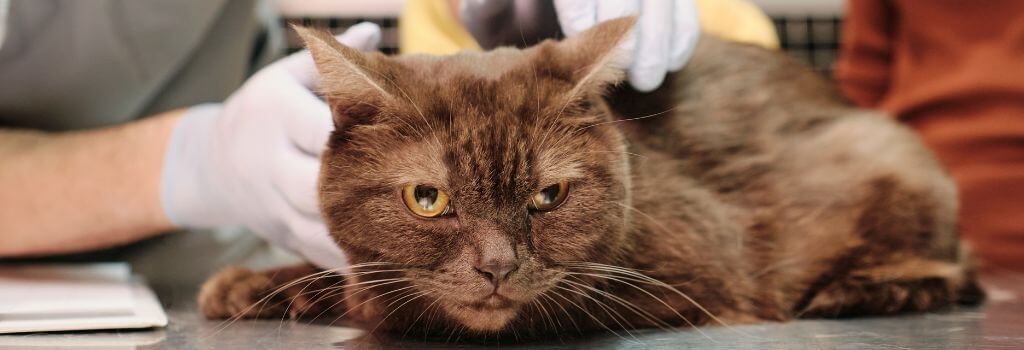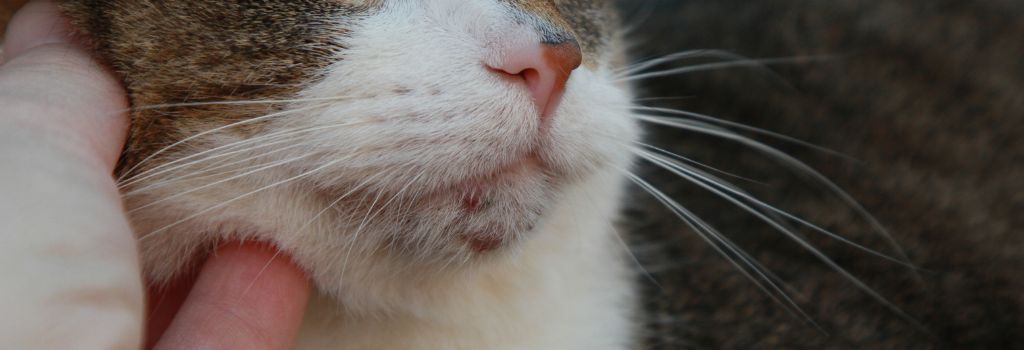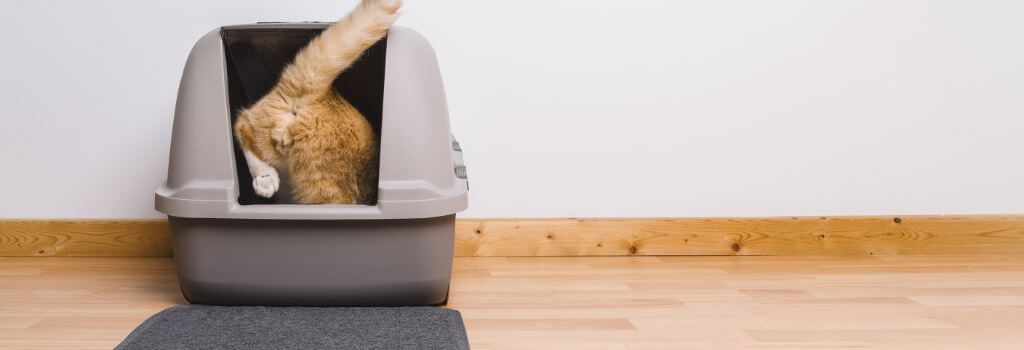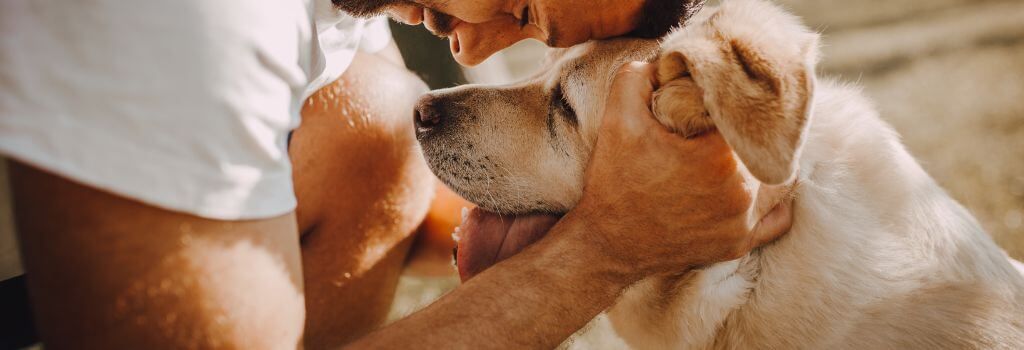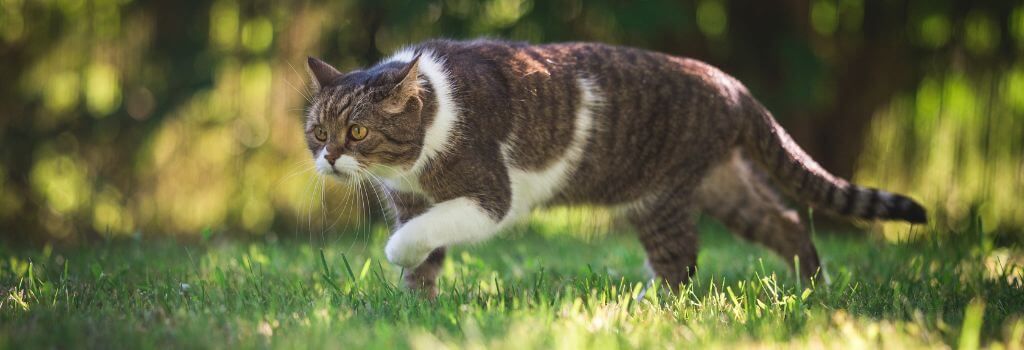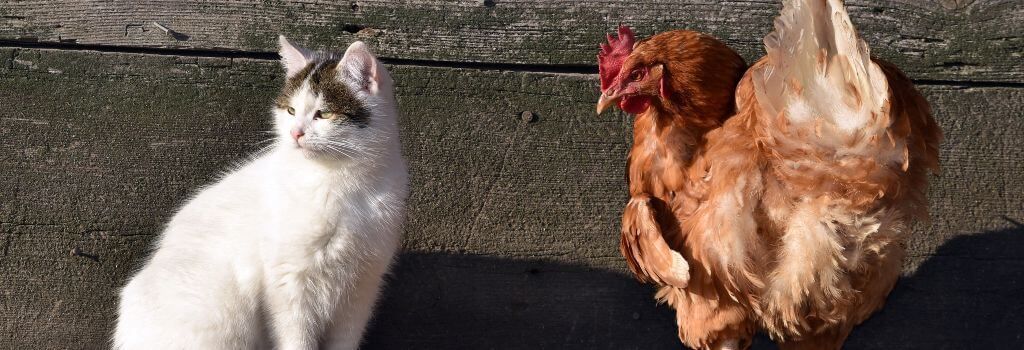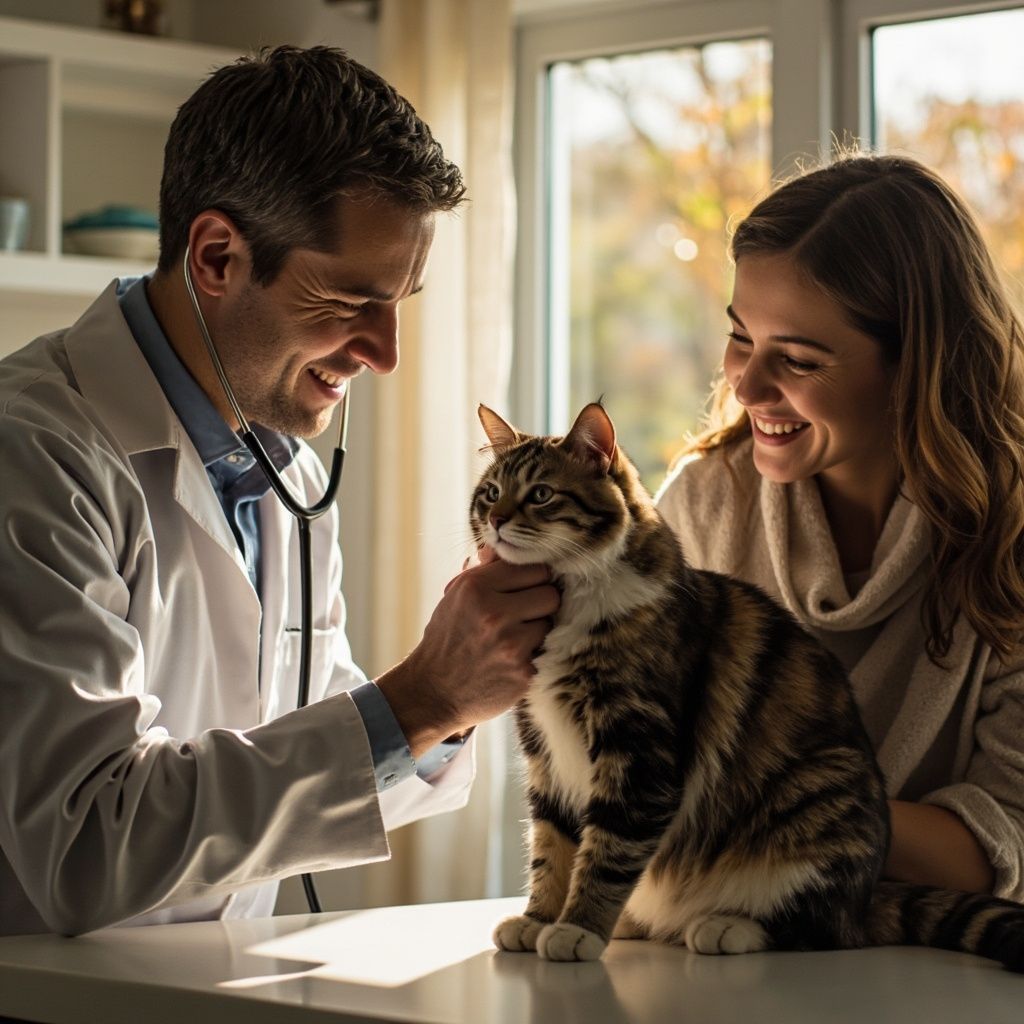How to Care For Your Senior Cat to Provide the Best Quality of Life
Did you know that the Blue Cross has found that domesticated cats can live to 20 years of age? That’s great news for all of us in the cat-crazy crowd but, as veterinarians, these findings also motivate us to share awareness on how to care for senior cats. Age is not a disease, so we don’t want cat owners to think, “Well, the cat is 13, so illness and slowing down is to be expected.” While that is true to a certain extent, regular wellness exams and effort on your part can reduce the impact of aging on cats.
Why is this important? Cats are stoic creatures, so they don’t often show signs of pain until the disease has progressed quite far. Cats can get things like arthritis and painful teeth as they age, and, of course, you want to make sure to minimize these issues for your fur babies. Being a responsible cat parent means you should look for any signs of behavior changes as your pet ages and bring this to your vet's attention sooner rather than later. There are plenty of other things you can do to help your aging cat, and we explore that below.
How to Handle Nutrition As Your Cat Ages
There are many senior foods on the market, but most veterinarians will tell you that you don’t necessarily have to switch to these items when your cat's considered a senior. Instead, ask yourself—what does their health look like? What does their lifestyle look like? If your cat shows signs of early diabetes or early kidney disease, we might choose to change their nutrition to include a diet consistent with those diseases’ needs. Or if we have a kitty that's having more issues with grooming, we might switch to a hairball diet to aid in that problem.
Signs That Your Aging Cat May Be Slowing Down
Again, there is no uniform way that cats age. Some kitties are active, while others are total couch potatoes, just like the rest of us. That’s why it’s vital as a pet parent to watch the way our cats act from day to day, as sudden changes in the ways our cats interact with us can be indicative of something more ominous. For example, if you have a kitty that’s usually a lap cat but they're spending more time by themselves, that could be a sign that something is going on. For kitties that go outdoors, they may not want to go outdoors as much. You may notice them hesitating to jump on a counter or a table to look for stuff to investigate and other cat shenanigans. Don’t just chalk these cat behaviors up to old age. As veterinarians, we’d rather know about any behavior changes or anything else that concerns you as your cat gets older. Getting to the core of and possibly treating the problem before it gets worse can add years to your cat’s life.
Some Health Issues and Complications Seen in Older Cats
The most common issue we see beyond arthritis and mobility issues is kidney disease. We can see kidney disease at any age, but the onset is typically in the cat’s senior years. Kidney disease is often manifested as either weight loss, vomiting, or changes in urine output. Your cat might start drinking and urinating more. But we also could see issues with the thyroid gland. It becomes overactive, and that's manifested as a really ravenous appetite, occasional hyperactivity, and possibly vomiting and weight loss. Those are the health issues veterinarians watch out for most frequently in senior cats, although arthritis is also a common problem with any elderly pet. Arthritis can cause trouble in getting around and issues with jumping and general cat mobility. You might even notice that your senior cat has litter box and grooming problems.
Preventative Care That Can Help With Longevity and Quality of Life
Preventative care is a multi-pronged approach that involves both the veterinarian and pet owner, as there are many things that you can do at home to keep your cat healthy. You can make changes in your home to ensure that they don't have to work too hard to get to their litter box or their food and water. If your cat is beginning to have a hard time getting around and your litter box is up high or on another floor, it may be time to make those adjustments. The same goes for food—if they typically eat on a counter, you either need to help them up to the counter or consider putting their food on the floor.
Another thing that many cat owners don’t think about enough is keeping aging cats physically and mentally stimulated. Exercise and enrichment are still essential, so we need to keep their brains active. Just as in people, the more we use it, the less we lose it. You can get cat puzzles and enlist interactive toys to keep your cat’s mind and body fit.
As veterinarians, it’s our job to help you monitor and detect diseases and hopefully nip them in the bud. We will do that by conducting more frequent exams, so we like to see cats every six months as they get older. We may also recommend annual blood work as they get older to start screening for kidney or thyroid disease before they become an issue that will plague the cat. And then, we will also keep up with age and lifestyle-appropriate vaccines.
The Most Vital Takeaway in Caring For a Senior Cat
The most important thing to remember is that you're their best advocate and know them best. Cats can be kind of hard to diagnose at times because, as we mentioned, they're secretive creatures. The better you know them as their pet parent, the better you're going to be able to tell when something's off. Veterinarians do their best to get to know your cats when they see them, but having that intimate knowledge of your cat's personality and normal activities can make a huge difference. If you take note of any changes in their interactions, in their routines, changes in appetite, or litter box habits, then we want to see them.
If you have any questions about caring for an aging cat or if your senior kitty is overdue for a checkup, please give us a call !
Recent Posts

